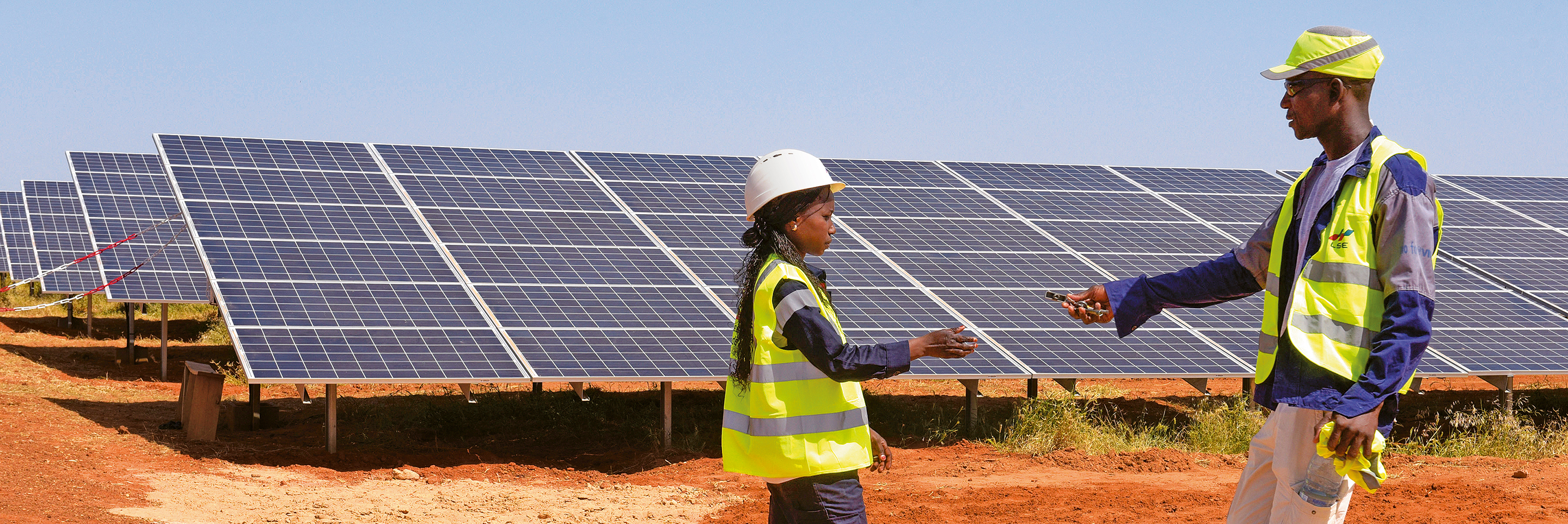Acknowledging profound contemporary international and geopolitical transformations and the emergence of important complex and plural dynamics of diplomacy, the Institute reaffirms today its pioneer role in the field of diplomacy by launching several new study programmes and initiatives and by deepening its work on this theme across the Institute.
In autumn 2023, the Eduqua-certified Executive Education initiated a new programme on Diplomacy, Negotiation and Policy. This course, which uses applied learning approaches blended with real-world case studies, foresight workshops, policy papers and simulation practice, offers participants a deep dive into the fast-changing national, regional and international diplomatic and policy spheres, allowing graduates to experiment with innovative tools to sharpen negotiation and mediation skills in complex diplomatic and geopolitical situations. This course is accompanied by a new Executive Education Upskill Series offering strategic assets for scientific diplomacy and focusing on critical areas such as the governance of and governing with digital technologies, negotiations with and through, but also around science, and anticipation (both scientific and diplomatic). This advanced curriculum is poised to play a pivotal role in shaping the skills and strategies of diplomats and international civil servants as scientific diplomacy becomes an important dimension of their mission.
In parallel, the Institute is introducing a Summer School on New Diplomacies, in the form of a week-long module explicitly focused on the multiplicity of emerging issues, actors, spaces, technologies, forms and processes characterising the advent of twenty-first century diplomacy(ies). The Institute is also formalising a research cluster on Diplomacy and Global Governance. This dedicated theme points to the multidimensional work the Institute’s community is engaged in around the new dynamics of diplomacy(ies): with an exploration of emerging fields, tools and the various actors of new diplomacy(ies), transnational and multistakeholder governance, the future of multilateralism, the transformation of foreign policy and statecraft, private-public partnerships and their development, as well
as evolving forms of authority and legitimacy.
Alongside the Institute’s disciplinary programmes, the recently revamped Master in International and Development Studies now offers seven dedicated thematic specialisations, all of which also delve into generic and specific aspects of the new layered and multiple diplomacies. One of the compulsory courses in the common core part of the programme, “Global Issues and Perspectives”, devotes fifty percent of its sessions on discussions that directly deal with questions and aspects of diplomacy and multilateralism.
Adding to its training, educational and research inputs on diplomacy, the Institute is also involved in the project Tech for Peace funded by the Swiss Federal Department of Foreign Affairs in collaboration with the Swiss Federal Institute of Technology (EPFL). This ambitious new initiative represents a strategic intersection of technology and diplomatic efforts, emphasising the role of innovative solutions in fostering global peace and cooperation. In collaboration with key partners, efforts are underway to develop a new syllabus focused on artificial intelligence (AI) diplomacy for diplomatic missions in Geneva. This initiative aims to establish a comprehensive educational framework, recognising the increasing and challenging importance of AI in shaping the future of diplomacy and international engagements. These developments reflect a proactive approach to preparing diplomats and international relations professionals for a world where technology, diplomacy and global governance are now intertwined. The new series, accompanying research and educational activities signify a major step in adapting diplomatic training to meet the demands of twenty-first-century global landscape.
With nearly one hundred years of experience in training international diplomats and civil servants, the Institute boasts of continuously contributing to the peaceful exchange between nations. Amongst the many alumnae·i who have gone into the diplomatic corps, the Institute is proud to count the late United Nations Secretary-General Kofi Annan, former Swiss Head of the Federal Department of Foreign Affairs and President of the Swiss Confederation Micheline Calmy-Rey, and International Atomic Energy Agency (IAEA) General Director Rafael M. Grossi.
In launching these different programmes at a time when the world is experiencing profound, continuing and mutating crises necessitating new bold thinking, diplomatic savoir-faire, historical knowledge and updated skills, the Geneva Graduate Institute is furthering its near-century-long commitment to the training of the world’s diplomats and policymakers. As Institute Deputy-Director Professor Mohamed Mahmoud Mohamedou and former International Committee of the Red Cross (ICRC) President and Graduate Institute Senior Distinguished Fellow Peter Maurer write in the premiere issue of the Institute’s Geneva Policy Outlook, “If diplomacy must indeed be informed by expertise, science, technology and citizen action, it has, first and foremost, to remain a layered integrator of international interaction; diplomacy is alive and well, but it necessitates adaptation and reinvention.”
This article was published in Globe #33, the Graduate Institute review.




